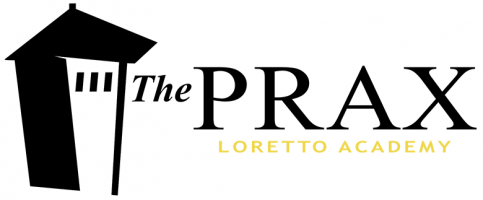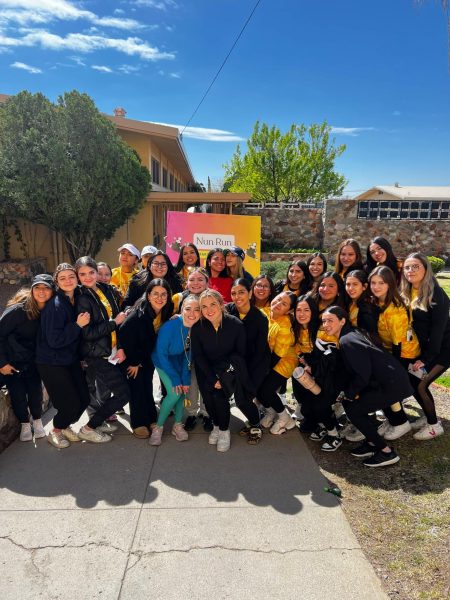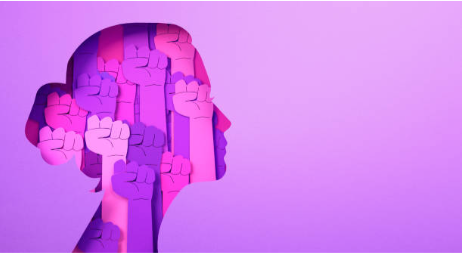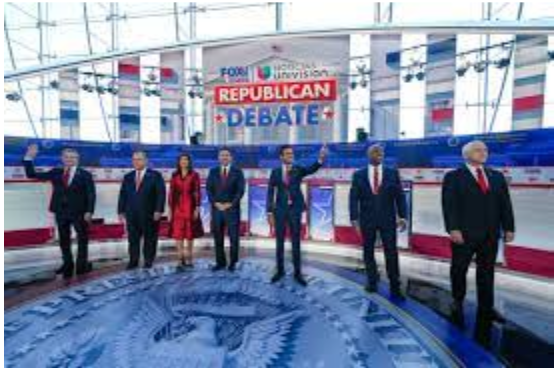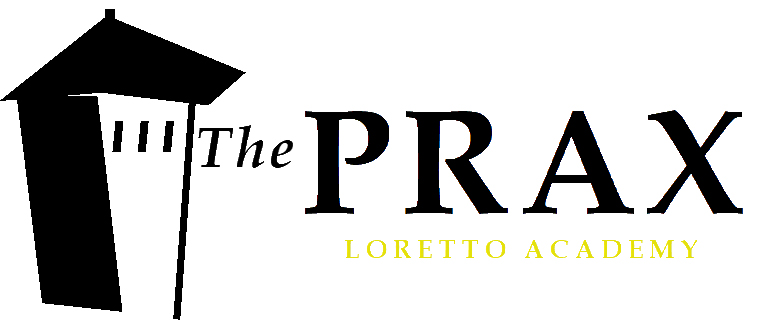A world gone digital
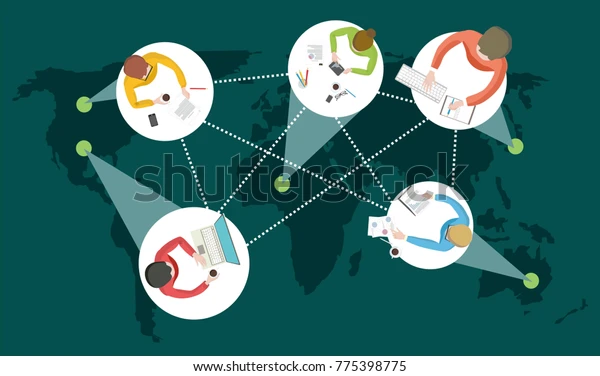
The spread of the coronavirus has made self-quarantining a necessity of Americans’ everyday lives. This has caused an unprecedented shift of events to the digital sphere — entertainment, politics, work, and even school. Photo courtesy of Shutterstock
April 27, 2020
For the large portion of America on quarantine because of the coronavirus (COVID-19), perhaps the largest and most difficult adjustment to living exclusively between four walls has been social distancing.
In an effort to combat the spread of the virus, the Center for Disease Control (CDC) has advised against large gatherings of people or leaving the home for anything but essential activities.
For most Americans, human interaction has now been limited to quick trips to the grocery store, family dinners, and video-conferencing calls held over phones and laptops.
COVID-19 has caused the world to go digital on a scale that, for all of our technology, it never has.
Online school, online work, online conventions, online entertainment — in an effort to cope with the ban on gatherings, all of these activities have been relocated to the Internet.
Universities such as Stanford, Yale, Notre Dame, Purdue, Johns Hopkins, Harvard, Syracuse, and a long list of others have canceled their in-person classes, according to CNN.
Likewise, on order by Governor Greg Abbott, all Texas schools will remain closed until May 4 and instead will educate students through remote, virtual learning, according to the El Paso Times.
Loretto students have been experiencing the novelty of exclusively online learning since March 23, when classes began instruction using the video-conferencing app called Zoom.
Loretto senior Ashley Maniates said, “I am honestly not the biggest fan of online school.
“I work best when I am surrounded by others, so it was super difficult to get the hang of online school.
“However, now I am much more acquainted to it, but I still find myself becoming easily distracted and tasks are taking longer to finish.”
Similar online measures have been implemented for working from home.
Workers in jobs now listed as essential — such as healthcare workers, garbage collectors, postal workers, grocery store and pharmacy workers, and reporters — will continue to work through this crisis away from home, according to New York media outlet News10NBC.
However, for those whose work has now been listed as non-essential, a similar shift has been made to online interaction.
Even political rallies have migrated into the online sphere.
Before former Democratic presidential candidate Bernie Sanders dropped out of the running for president, he took to hosting online political rallies in an effort to connect with his supporters while maintaining social distancing.
According to Rolling Stone, Sanders hosted an online rally called the Bernie 2020 Digital Rally on March 16, which included special guest performances from artists such as Neil Young, Jim James, and the Free Nationals.
Democratic presidential candidate Joe Biden has also moved his political campaigning online, with a little less success.
According to The Verge, Biden attempted to host a “virtual town hall” for the state of Illinois on March 13, but the Zoom meeting was plagued by numerous technical difficulties — garbled or no audio from Biden himself, muted participants, and the camera feed suddenly being cut.
However, online school, work, and rallies are not what most Americans are lamenting during this quarantine — it’s the sheer number of canceled events.
Even the Democratic National Convention — the event in which the official Democratic nomination for president is announced — has been postponed from mid-July to the week of August 17, according to CNN.
Sporting events, live musical entertainment, educational conferences — each of these events, which have likely been planned months or even years in advance, are suddenly facing cancellations or postponements.
For example, major tech conventions such as Microsoft Build and Mobile World Congress 2020 have been canceled and instead some of their platforms have been relocated to the digital sphere, according to CNBC.
Even the Olympics has been postponed to July 2021, according to NBC News.
For the cities that were supposed to host canceled events such as these, the economic fallout has already proven massive.
Preparing for these events costs a fortune in itself, but if the event is canceled, the city loses out on the large amount of revenue generated by attendees that would compensate for the cost of hosting the event.
For example, according to ESPN, the Olympics cost Tokyo approximately $30 billion, but postponing the games could cost Tokyo an additional $5.7 billion.
On a more local scale, several sports and entertainment events in El Paso, such as the Cirque du Soleil and the start of the season for the El Paso Chihuahuas, have also been canceled.
Even events at Loretto have faced cancellation, such as prom, Ring Rose, and the National Art Honor Society Art Show.
Although social distancing and self-quarantining is necessary to combat the spread of COVID-19, it goes without saying that it has produced an upheaval of American culture.
Remember to practice social distancing and sanitation techniques so that this crisis can end swiftly, and our hardworking healthcare workers can return home.

